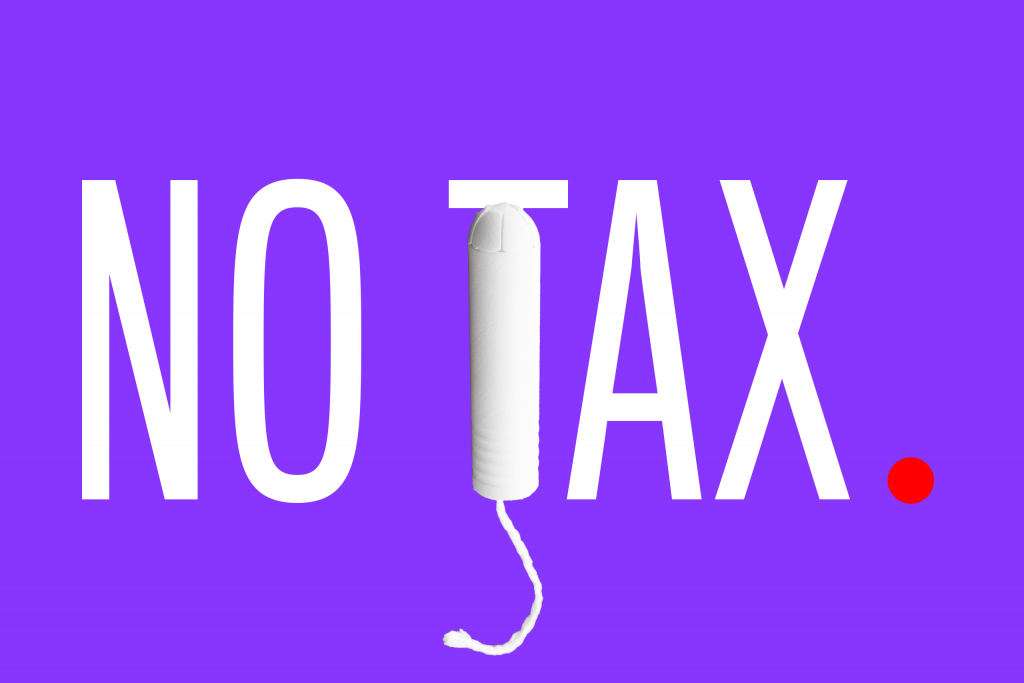By Walcott Aganu
Parenthood is one of the most challenging journeys ever, which is why many parents go through unspeakable stress in order to raise happy, healthy, and well-balanced children. Back in the day, there were very few resources that parents could use in order to make their experience easier, so many of them had to rely on babysitters, daycare and relatives if they wanted to get some load off of their backs. Nowadays, thanks to technology, things are definitely better, especially for mothers, because having immediate aid in your pocket can definitely lower the stress and improve the child-rearing journey.







